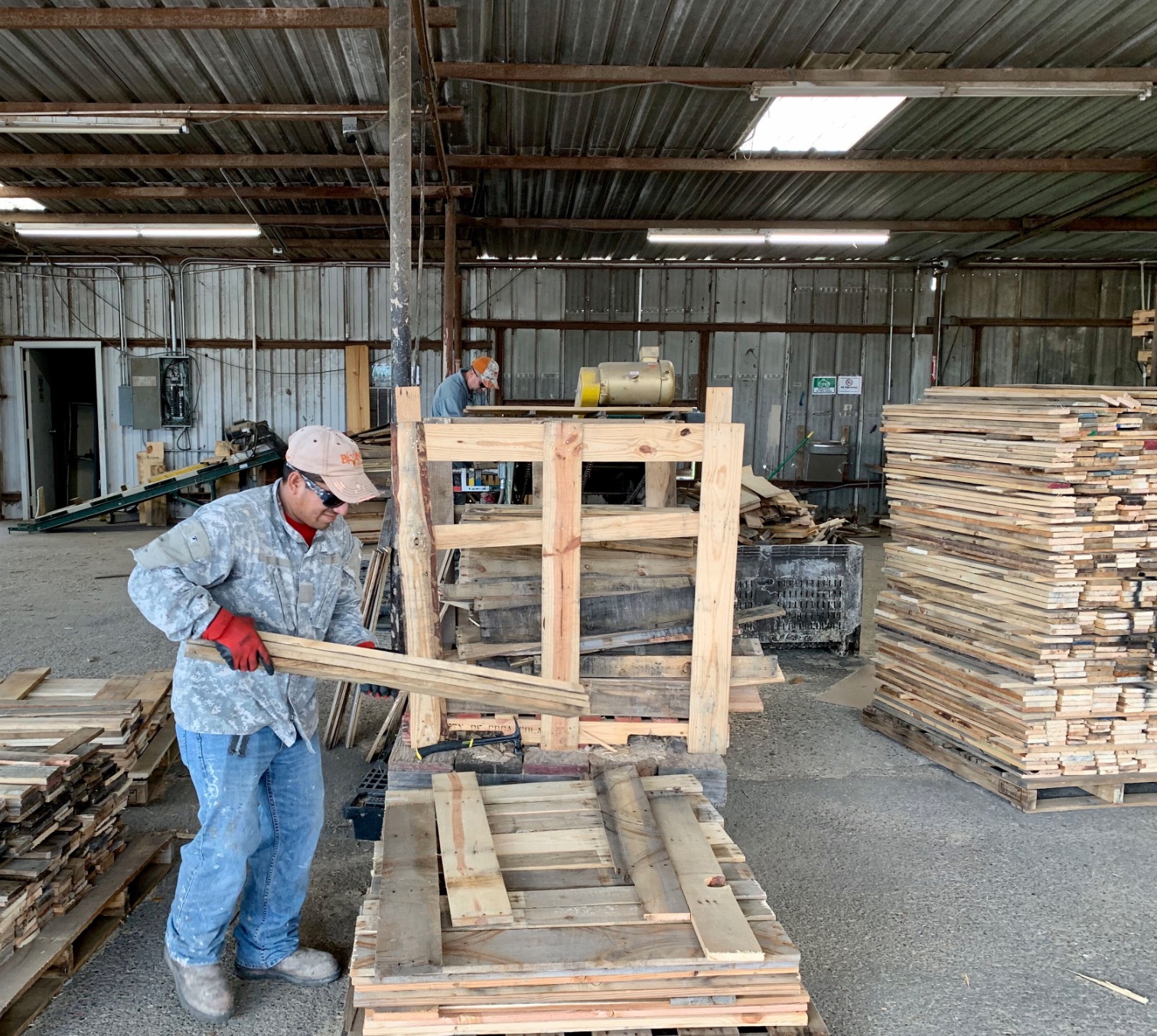In the constantly changing landscape of distribution, the need for effectiveness and flexibility has never been more critical. Warehouses serve as the cornerstone of this system, where the keeping and movement of goods are essential to business growth. One of the key components that often goes overlooked in the pursuit for improvement is the use of platforms, particularly wooden pallets. These versatile tools not only ease the movement and holding of products but also contribute greatly to the overall functionality of a warehouse.
As procedures grow increasingly specialized, so too does the need for bespoke solutions that cater to unique demands. This is where bespoke wooden pallets come into play, offering a set of benefits that standard options simply cannot satisfy. By utilizing tailored pallets designed for unique products or arrangements, storage facilities can enhance effectiveness, maximize space, and ensure the safety of their goods. Understanding the significance of these hardwood and custom pallets can help companies decide intelligently that lead to seamless operations and greater productivity.
Benefits of Personalized Pallets
Personalized pallets offer substantial advantages for warehouses that need productivity and dependability in their operations. Modifying wooden pallets to fit particular warehouse requirements ensures that the pallets will suit the specific dimensions and weight capacities of various products. pallets in tulsa allows for optimized space utilization, reducing wasted square footage and enhancing storage capabilities inside warehousing facilities.
Another key benefit of customized pallets is the improved durability and strength they provide. Wooden pallets can be engineered using certain types of wood or reinforced in key areas to withstand heavier loads. This customization helps protect products during handling and transport, lowering the chance of damage. In addition, tailored pallets can be coated to endure particular environmental conditions, making them suitable for both interior and exterior use.
Additionally, tailored pallets can boost the safety and efficiency of warehouse operations. By fitting the pallets to the equipment and handling systems in place, warehouses can optimize the movement of goods. Minimized risk of accidents related to mishandling arises from having pallets that match the size of forklifts and other equipment. This fit contributes to a more productive work environment, eventually benefiting the overall supply chain.
Components and Styling Options
Wooden pallets remain a popular choice in warehouses due to their sturdiness, longevity, and ease of personalization. The main substance, wood, offers various options such as spruce, maple, and composite wood, each providing different strength characteristics and weights. Pine pallets are easily handled and cost-effective, making them suitable for general use, while oak pallets are more substantial and stronger, ideal for moving bulkier loads. Plywood options offer a smooth surface and superior resistance to moisture, making them preferable in environments where pallets may be in contact with water or dampness.
In addition to substance variations, custom design options enhance the usability of wooden pallets. Warehouses can request customized dimensions and load capacities adjusted to their unique requirements. For instance, some operations may benefit from pallets with unique shapes or reinforced areas to support specialized equipment or products. Moreover, bespoke designs can include features such as built-in safety barriers or designated labeling for easier inventory management. This flexibility is essential for maximizing warehouse space and ensuring effective operations.
The selection of finishes for wooden pallets also plays a critical role in their performance and durability. Treatments like heat treatment or synthetic treatments can enhance resistance to pests and environmental factors, prolonging the lifespan of the pallets. Additionally, applying non-slip coatings can improve safety during handling and transport. By considering materials, design, and finishes, warehouses can maximize the advantages of tailored wooden pallets to meet their particular operational needs effectively.
Affordability and Eco-Friendliness
Wooden pallets offer a budget-friendly option for storage facilities that need durable and trustworthy transportation and storage solutions. Their capability to be recycled and fixed significantly reduces overall expenses. Many companies find that investing in wooden pallets saves money over time due to their longevity and resilience compared to other options. This benefit is particularly evident in high-usage environments where pallets can endure the demands of daily operations.
In furthermore to their economic benefits, lumber pallets align with sustainable practices. They are often made from renewable resources, and many manufacturers follow ethical forestry practices. As businesses increasingly prioritize ecological responsibility, using timber pallets can enhance a company's green credentials. This shift toward sustainable materials not only attracts consumers but can also help companies meet regulatory standards focused on sustainability.

Additionally, lumber pallets are reusable and biodegradable, which alleviates concerns about landfill waste. Warehouses can establish efficient recycling initiatives, further minimizing their ecological footprint. By choosing wooden pallets, businesses can support a circular economy, ensuring that materials are reused and recycled, ultimately fostering a more sustainable operational model while maintaining cost efficiency.
